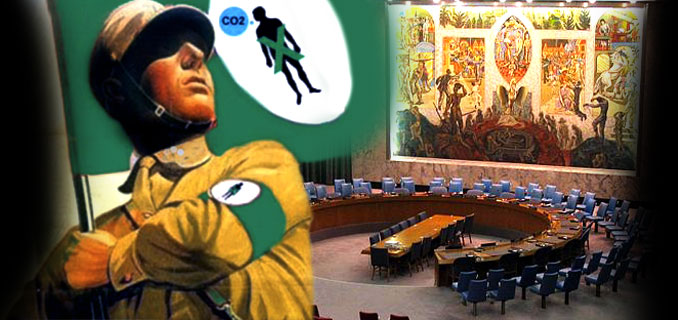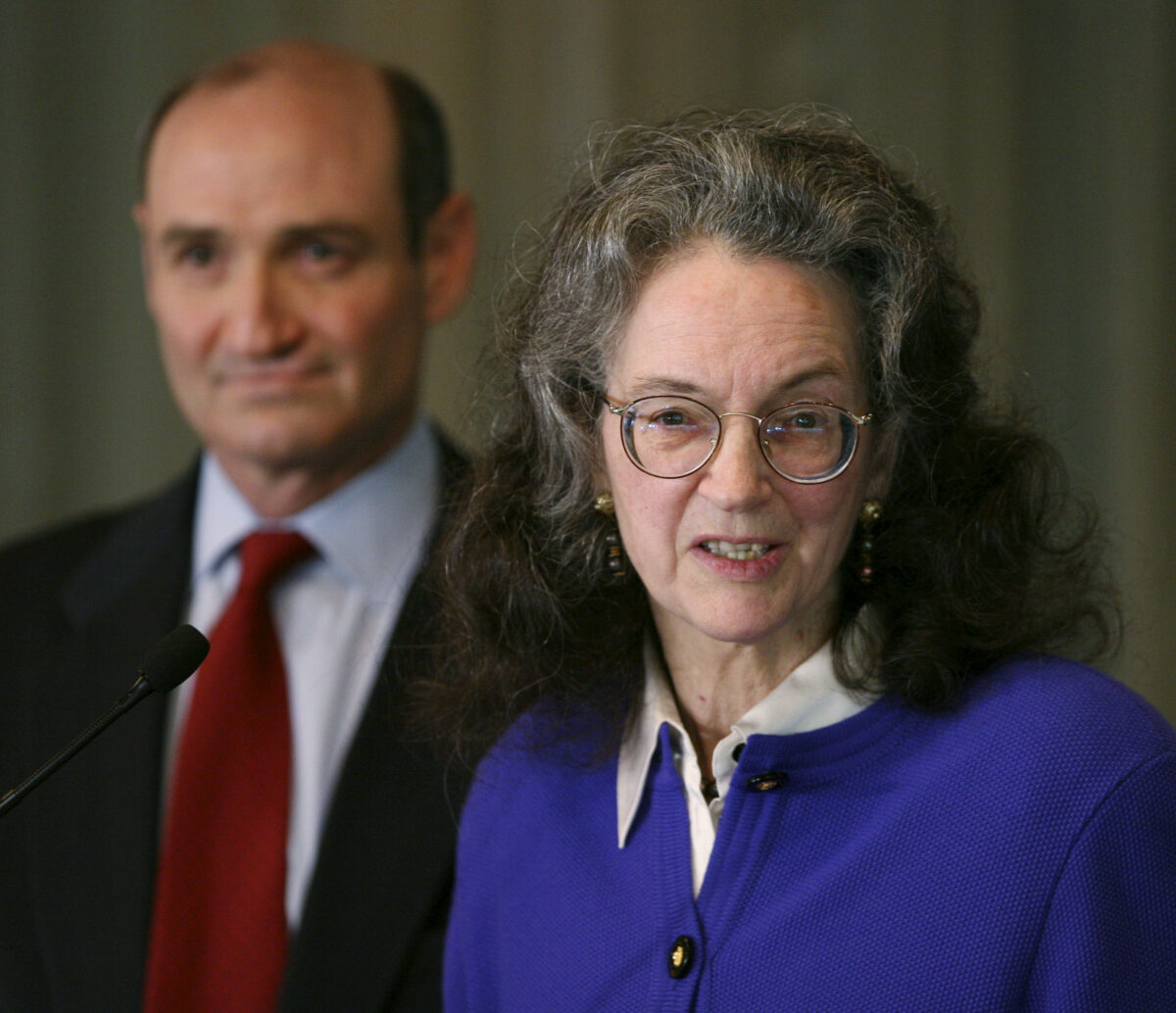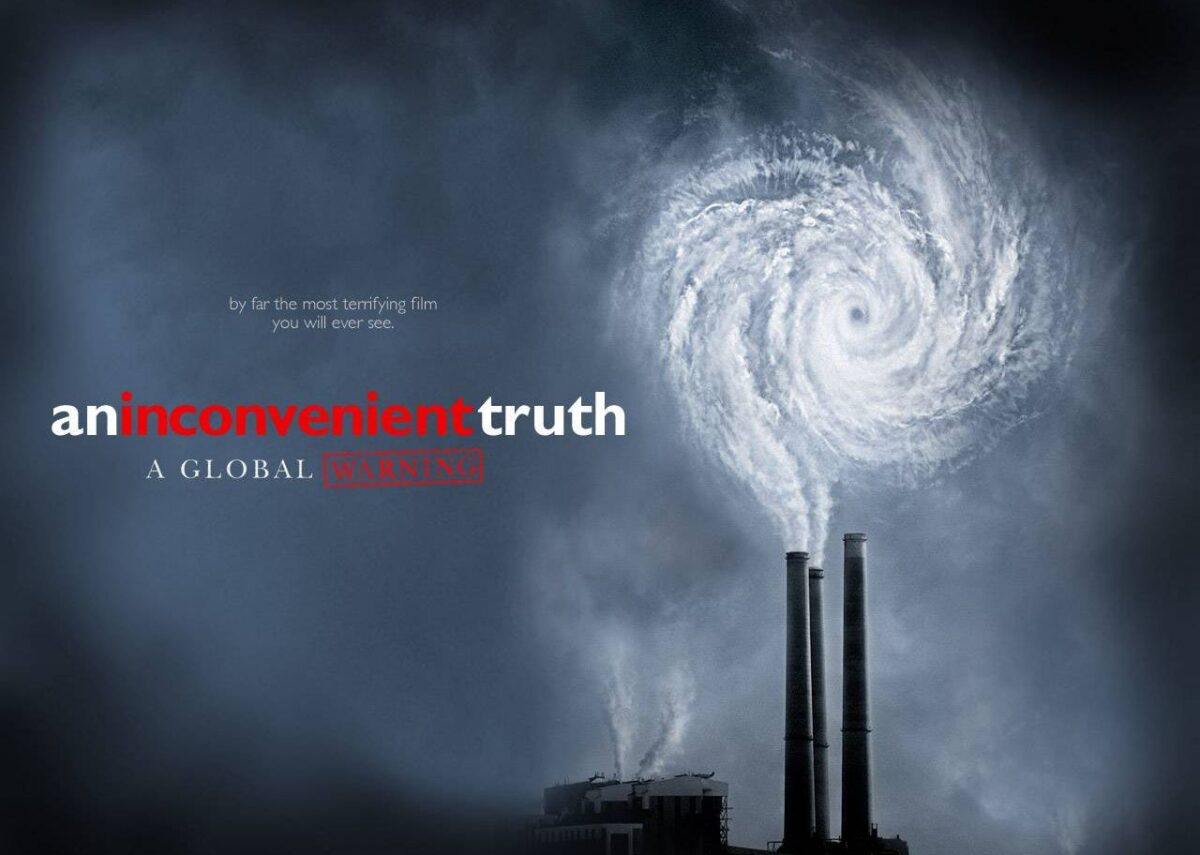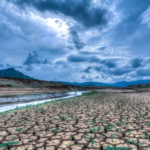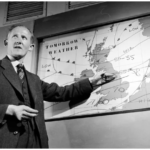Låt kunskapsmörkret skingras – Från Lidingökonferensen till det första Pharoseventet
Som Lena Krantz skrev igår så hölls klimatkonferensen Faktakonferens om klimatets processer och drivkrafter rum på Högberga Gård på Lidingö 7-9 oktober. Detta var första gången sedan 2006 (Global Warming – Scientific Controversies in Climate Variability – KTH) som en mer kritiskt orienterad konferens hållits i Sverige. Då, 2006, blev de klimathotstroende stödtrupperna uppretade som →
De ideologiska rötterna till ”klimatförnekelse” och klimathot – en jämförelse
Nyligen utkom Kirsti Jylhäs uppmärksammade avhandling Ideological roots of climate change denial: Resistance to change, acceptance of inequality, or both? I denna har Kirsti velat ringa in personlighetsdrag och ideologiska rötter hos de individer som anser att klimatets förändringar inte huvudsakligen går att lasta på människan. Hon benämner denna grupp som klimatförnekare och har därigenom →
En reflektion om Rockefeller och en upplysning från Pharos
Efter mina tio långa inlägg med temat ”Rockefeller och klimathotet” är det nu tid för reflektion och fastställande av nya målsättningar. När jag påbörjade projektet om Rockefellerfamiljens inflytande över klimatfrågan i början av 2016 hade jag tänkt mig en kortare redogörelse i min tidning Bulletin of the Mad Doctor. Det var en del av Wardenclyffeprojektet →
Rockefeller och klimathotet – Del 10 – Den fjärde industriella revolutionen
“We stand on the brink of a technological revolution that will fundamentally alter the way we live, work, and relate to one another. In its scale, scope, and complexity, the transformation will be unlike anything humankind has experienced before.” “In its most pessimistic, dehumanized form, the Fourth Industrial Revolution may indeed have the potential to →
Rockefeller och klimathotet – Del 9 – The Road to Paris
“We have been involved in the entire United Nations Framework on Climate Change (UNFCCC) process going back to Kyoto. We have supported grantees in different areas including in the think-tank community who have been working on the substance of the global climate agreement. We’ve also focused on supporting advocates working globally to increase the ambition →
Rockefeller och Klimathotet – Del 8 – The Future We Want
“The ultimate challenge is to shape the common concern of most countries and all major ones regarding the economic crisis, together with a common fear of jihadist terrorism, into a common strategy reinforced by the realization that the new issues like proliferation, energy and climate change permit no national or regional solution.” (Henry Kissinger –“The →
Rockefeller och klimathotet – Del 7 – Global Warning
Jorden har feber “Earth is running a fever. We have measured it. We know the cause: the carbon dioxide and other heat-trapping gases that we are pumping into the atmosphere. We also know if nothing changes, Earth’s fever will continue to rise and things will get much worse. And yet there is a cure; in →
Rockefeller och klimathotet – Del 6 – Den stora omställningen
“Global climate change is one of the emerging transnational threats to peace, justice, and sustainable development that have moved closer to the top of the international security agenda since the end of the Cold War. Like other cross-border challenges —crime and terrorism, infectious disease and the strains of gross economic inequity—its management will require collaboration →
Rockefeller och Klimathotet – Del 5 – One World
“When the Fund began making grants to address climate change issues in 1985 it was difficult to persuade citizens and policy makers of the significance of this threat to life on the planet. Today, the knowledge base as well as perceptions of the problems that could result from global warming are dramatically different from what →
Den oljeindränkta klimatlobbyn avslöjas i Elsevier
För er som kan holländska så finns en artikel om min forskning i den nederländska tidningen Elsevier. Artikeln handlar om hur klimathotet utnyttjas av mäktiga nätverk för att få kontroll över världens naturresurser. Länk till artikel: Elsevier




